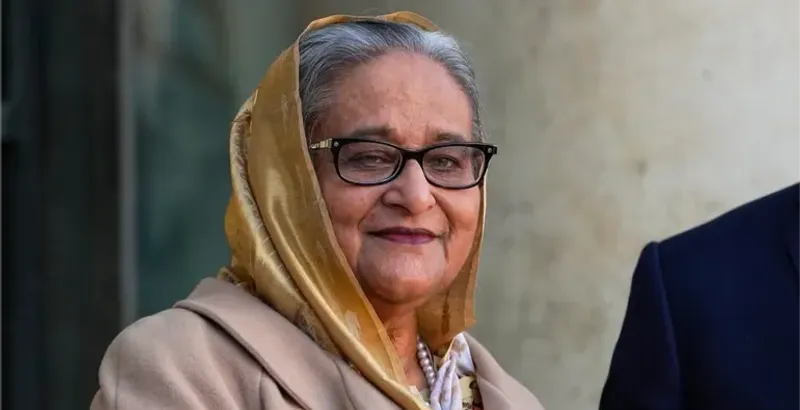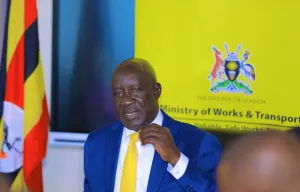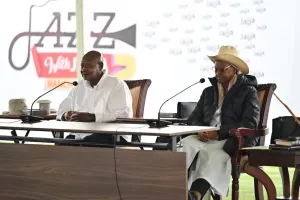
Bangladesh’s former prime minister, Sheikh Hasina, has been sentenced to death by the International Crimes Tribunal (ICT), which found her responsible for “crimes against humanity” linked to last year’s student-led uprising that ultimately forced her from office. Tried in absentia after fleeing to India in July 2024, she was convicted of authorising lethal action that left roughly 1,400 people dead.
Prosecutors argued she oversaw widespread killings and abuses during the turmoil, while victims’ families demanded the harshest punishment. Hasina rejected all allegations, calling the proceedings “biased and politically motivated” and accusing the interim authorities of trying to “nullify her party the Awami League as a political force.” She insisted, “I am not afraid to face my accusers in a proper tribunal where the evidence can be weighed and tested fairly.”
The ICT verdict had long been anticipated but represents a watershed moment for Bangladesh, where anger had built over years of repression under Hasina’s 15-year rule. Despite economic achievements, critics accused her government of stifling dissent through arrests, disappearances and extrajudicial killings.
The 2024 protest movement began over job quota reforms but quickly grew into a nationwide challenge to her authority. The unrest escalated until she fled the country and Nobel Peace Prize laureate Muhammad Yunus was appointed to head an interim administration.
UN investigators later reported that the scale and brutality of the crackdown including point-blank shootings, deliberate maiming, mass arrests and torture could constitute “crimes against humanity.” Court proceedings also included leaked audio, verified earlier by BBC Eye, in which Hasina appeared to approve the use of “lethal weapons” in July 2024.
Dhaka was on high alert ahead of the verdict, with rallies by her critics and a surge in violence including bomb blasts and arson. One explosion was reported the morning of the judgement, though no casualties occurred, according to police official Jisanul Haque.
Families of those killed welcomed the ruling. Ramjan Ali, whose brother died during the unrest, demanded “exemplary punishment” for those who “committed acts of vengeance and abused their power.” Another victim’s wife, Lucky Akther, said she wanted the sentence carried out “before the election” so families could find peace “in their hearts.”
Since Hasina’s fall, Yunus’s interim government has banned the Awami League and announced elections for February 2026. Hasina warned that excluding her party’s candidates would trigger a mass boycott.
India now faces diplomatic pressure as Bangladesh has formally requested her extradition, though New Delhi has not acted. Her state-appointed lawyer, Mohammad Amir Hossain, said he was “sad and wishes the verdict had been different,” noting he cannot appeal with his clients abroad. Her legal team has also submitted an urgent complaint to the UN over due-process concerns.
Hasina was tried alongside her former home minister and police chief. Yet observers note the ruling is unlikely to settle the country’s deep political fractures. Rights activist Shireen Huq said public resentment toward Hasina and her party remains strong, noting that neither has shown remorse: “We work with several people who lost their limbs forever… They will never be able to forgive her.”
Journalist David Bergman argued the conviction may further isolate the Awami League, unless it eventually offers an apology or distances itself from “Sheikh Hasina and the old leadership.”













Aldrige Kennedy
Leave a Comment
Your email address will not be published.